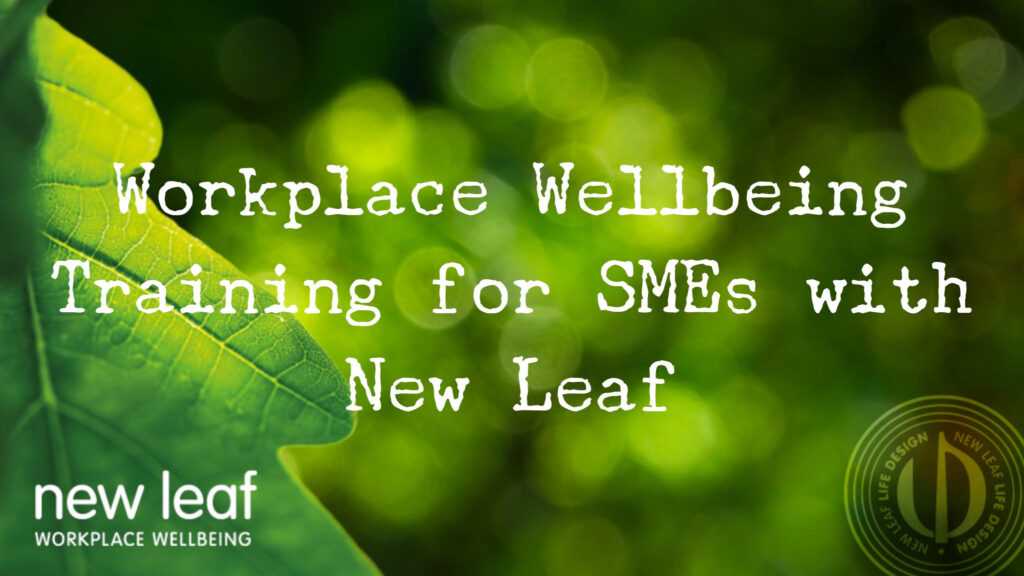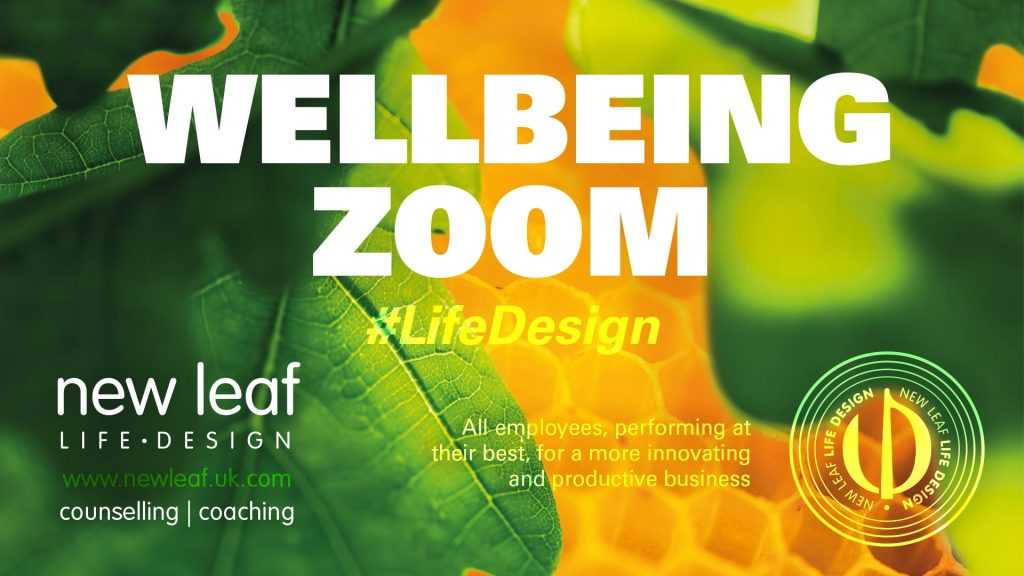Gone are the days of speaking in hushed tones about our mental health.
As reports show that 1 in 6.8 people experience mental health problems in the workplace, employers and employees alike have come to understand the importance of managing mental health with the rise of workplace wellbeing initiatives and individual interventions.
Here at New Leaf, we’re forever encouraging people to take steps to look after themselves in both their personal and professional lives, which is why we’re sharing our two cents on how to look after your mental wellbeing at work.
Establish a routine that works for you.
By moving away from outdated models of what a typical working day should look like – partly thanks to the increase in flexible working – the freedom to establish daily routines that complement our individual needs has never been more attractive or accessible.
We’re now far more cognisant of the ways our individual wellbeing contributes to the wider wellbeing of the company – and this awareness feeds into a positive company culture that breeds more productivity, creativity and forward-thinking.
From time management techniques to daily self-care rituals, structuring our day in a way that feels good can make us feel more valued and autonomous at work. It also gives us the opportunity to prioritise tasks based on the headspace we’re in and what we can focus on at any given moment.
Find yourself trying to do too much? Experiment with calendar blocking your week to help create realistic timelines.
Struggling to focus for long stretches? Try the much-loved Pomodoro technique – a productivity tool that reminds you to take a short break and get moving every 25 minutes.
Overwhelmed by the bigger picture at the start of the day? Begin each morning with a series of manageable tasks to kickstart your motivation, e.g. responding to work-related social media comments, watering the office plants, sourcing equipment for the day, or crossing off quick calls you need to make.
Embrace proper lunch breaks.
It turns out that a ‘proper’ lunch break doesn’t constitute sitting at your desk whilst gnawing away at the cereal bar that has been floating around at the bottom of your bag for weeks. Who knew?!
Use your lunch breaks wisely. Step away from your desk, workspace or equipment, and nourish your mind, body and soul with delicious food and drink. Recharge away from the work environment, if possible. Get outside for some much-needed fresh air or go for a stroll with a colleague.
Top tip! If you struggle to take a breather or two, Break Timer allows you to set up customisable breaks across the day – and even reminds you to take them, so you can’t conveniently forget to!
Set clear professional boundaries that honour your mental wellbeing at work.
Many of us feel pressured to overstretch ourselves at work, which often means forgoing boundaries in favour of following company-wide culture, but that’s a one-way ticket to Burnout City. Sit down and think about how you could honour your best interests at work.
With more and more countries creating laws to ban out-of-hours communication, as reported in The Guardian, you could take a leaf out of their book and only stop by your inbox and work-related messages during office hours. Late night and weekend emails, begone!
If you’re renowned for practically living at your place of work, pledge to start and finish work on time instead of staying behind multiple times a week to tackle additional tasks.
Boundary setting might also look like informing your colleagues about how you like to work. For example, you might prefer emails to telephone calls or clear deadlines instead of open-ended expectations.
When you work for a company, it’s easy to get lost in the way other people like to work – but you’re well within your rights to set boundaries that make the working environment more comfortable.
Express yourself at work.
Being able to embrace authentic self-expression within the workplace boosts employee motivation, increases job satisfaction, enhances workplace wellbeing, and encourages a sense of belonging, so start showing up as yourself*!
Create a workspace that feels more expressive by adding photographs and home comforts. These little touches can transform clinical workspaces devoid of personality that don’t do our wellbeing any favours.
You could also start conversations with colleagues, where appropriate, about your collective passions and interests. You might find you have things in common that can help you to feel more connected!
*Well, the slightly more polished version of you – the ‘you’ that makes an appearance when the in-laws pop round, as opposed to the ‘you’ who likes to slob on the sofa in crumb-covered PJs!
Explore workplace wellbeing initiatives.
Make the most of the workplace wellbeing initiatives on offer either where you work.
Take a mental health day here and there, work from home, or embrace flexi-time by starting a little earlier. Put yourself forward for mental health training or get involved with charitable initiatives run by your company.
Getting out and about is a great way to boost your mental wellness. Why not propose green workplace wellbeing initiatives like organising wellbeing walks or volunteering outdoors as a team for local mental health organisations?
Enjoy mindful moments across the working day.
It’s easy to lose ourselves in our professional responsibilities, especially when we’ve got to-do lists as long as our limbs and seemingly not enough hours in the day to complete them.
By embracing mindful moments where we can find them, however, we’re able to recharge our minds which often results in us being far more productive as it means we can tackle tasks head-on.
These ‘mindful moments’ don’t have to be time-consuming – they can be as simple as taking note of our surroundings, as suggested in the ‘Five ways to wellbeing’ report often cited by practitioners.
Here are 4 ways to enjoy more mindful moments across your working day:
- Do simple breathing exercises to relieve stress.
- Practice gratitude and write down 1 thing you’ve achieved or appreciated each day.
- Adopt a daily ritual that benefits others, like making drinks for your colleagues.
- Decompress on your commute. Enjoy some quiet time by taking the scenic route home and letting your mind wander, or listen to an audiobook, podcast or piece of music that you love. Leave thoughts of work at work!
Normalise conversations about mental health in the workplace.
We all need to play an active role in normalising conversations about mental wellbeing in the workplace, especially in industries where such discussions aren’t commonplace.
What does that look like? It could be as simple as asking colleagues how they are doing each day or making sure mental health resources are signposted. If you wanted to formalise these conversations, you could set up a Slack channel or download a plug-in like Loopin for daily wellbeing check-ins.
In the agricultural industry? Check out Farmerados – a group of Somerset-based volunteers who have joined together to tackle rural mental health through pop-up ‘living rooms’ at farmer’s markets and farming events. These living rooms give those working within the agricultural industry the opportunity to sit down with a cuppa and a slice of cake and have a good ol’ chat.
Conversations about mental health don’t have to occur behind closed doors. If we all made an effort to encourage open dialogue in the workplace, we’d be less likely to try and weather storms alone. Check out our blog post on how to talk to someone about mental health for further tips!
Communicate with your employers about your mental health needs.
If you’re struggling with your mental health at work, speak to your employers, or relevant HR or union representative, to discuss how you’re currently feeling.
It may feel incredibly daunting, but regular check-ins with your team could be helpful, especially when it comes to figuring out how they can best support you.
By discussing your additional support needs, they’ll be able to find ways to make your work life easier which could help alleviate stress – whether that’s by easing your workload or offering more flexible working. They might also be able to offer you some in-house mental health services in the form of counselling.
Wellness Action Plans are a great way to advocate for your mental health needs whilst at work. If you’re an employer, they’re also a great way to address the wellbeing needs of your team. We’ve created a free Wellness Action Plan that you can download, fill out and share with senior leadership.
_______________
Sign our mental health pledge for Somerset SMEs!
New Leaf is working with the team at Somerset Public Health to deliver workplace emotional wellbeing training to small and medium-sized (SME) businesses across Somerset in industries that have been heavily impacted by COVID – construction, agriculture, health and social care, visitor economy, and arts and entertainment.
Sign up for our fully-funded mental health training, sign the wellbeing pledge and commit to tackling workplace wellbeing. Lots of local businesses have already signed the pledge. Join us!
_______________
Here at New Leaf, we are passionate about empowering mindful and compassionate communication. You can delve into the archives and read some of our mental health blog posts, from 8 green initiatives to boost workplace wellbeing to how to talk to someone about mental health.
Enjoyed this post and learned something new? Share it via social media!
Are you keen to discover how New Leaf Workplace Wellbeing can help you act upon your corporate social responsibility and support your employees? Email Becky at [email protected] for more information.
This post was written in collaboration with Bee Higgins, the copywriter and content writer behind Vivatramp Creatives.





